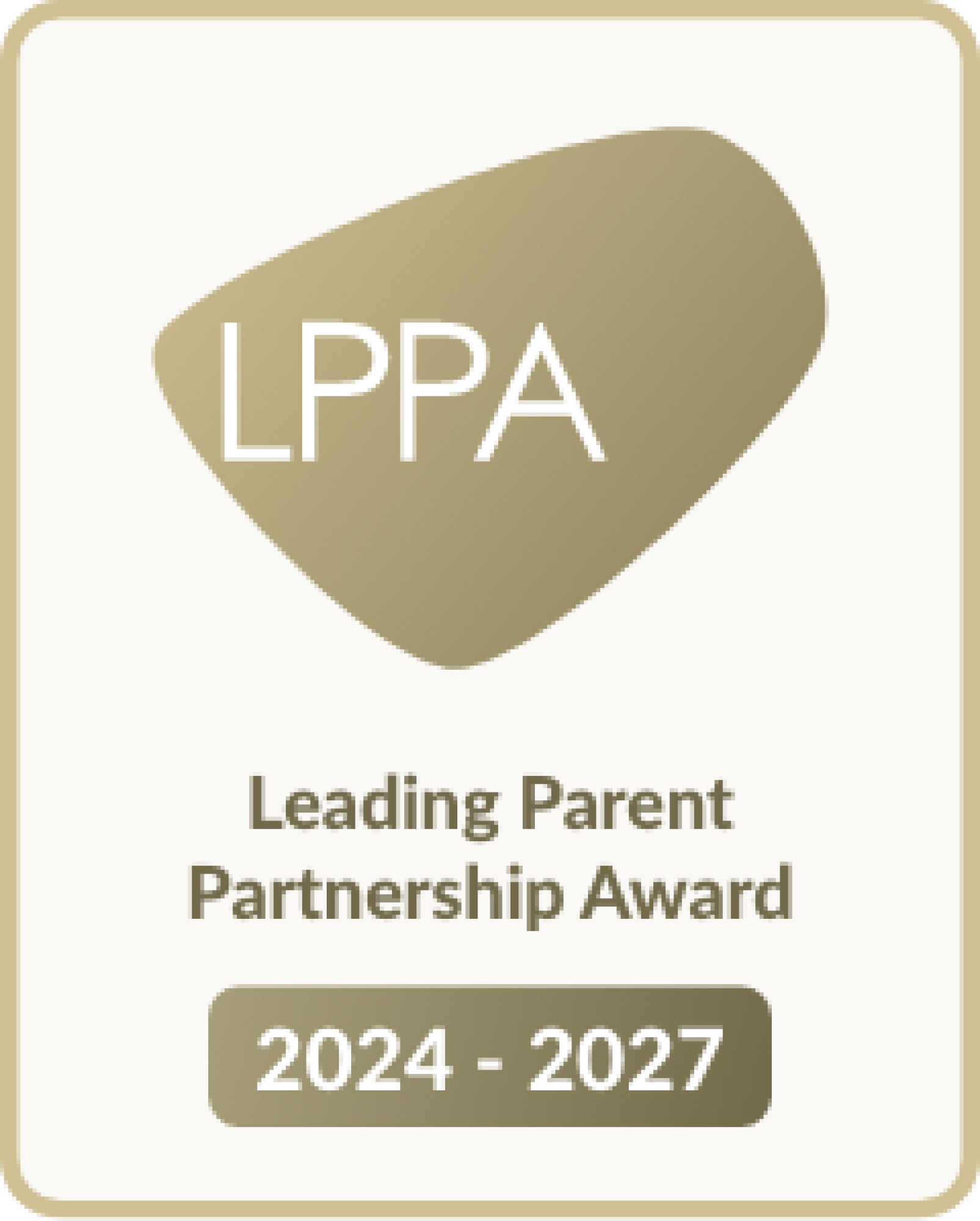The role of an effective Staff Wellbeing Champion at Woodlands Academy is to:
- Champion and promote relevant wellbeing related messages
- Take an active part in promoting wellbeing activities, campaigns and events
- Raise awareness and promote wellbeing services, tools and activities we have available for staff
- Offer support and signposting to colleagues that are struggling with emotional, physical or mental health issues to the resources available
- Proactively embed positive attitudes to wellbeing within their local workplace;
- Provide feedback to the Leadership Team on the general themes that they experienced when providing support.
- Support the development and implementation of wellbeing policies and procedures
- Share best practice and stories of success
A Staff Wellbeing Champion is not required to:
- Act as a counsellor, psychologist or doctor diagnosing health issues
- Support others on an ongoing basis or at a cost to their own wellbeing or to allow the role to intrude into their personal life
- Share personal contact details or other private information
- Listen to or pass on unhelpful speculation or ‘gossip’
- Be the ‘expert’ on wellbeing or have all the answers.
Remember, the Champion role is not a ‘pastoral’ role. It is important others don’t see the Wellbeing Champions as a counsellor and that they don’t feel that they must go beyond their abilities and role to provide ongoing emotional support to someone.
Establishing and maintaining boundaries is vital to the role of Staff Wellbeing Champion
Boundaries exist to protect everyone. Establishing boundaries can help to clarify the role as a Champion and the relationship you’ll have with colleagues when in that role. Being clear about what they can and cannot offer as a Champion will help them manage other people’s expectations.
Boundaries that may be important to the role as a Champion are:
- Time: Knowing how much time you can offer to the role and the support you can provide to your colleagues.
- Abilities: Being clear about what professional skills, knowledge and abilities you have or do not have to help others.
- Confidentiality: Being clear on what you can and cannot keep confidential and the circumstances when things that have been shared with you may need to be shared elsewhere.








